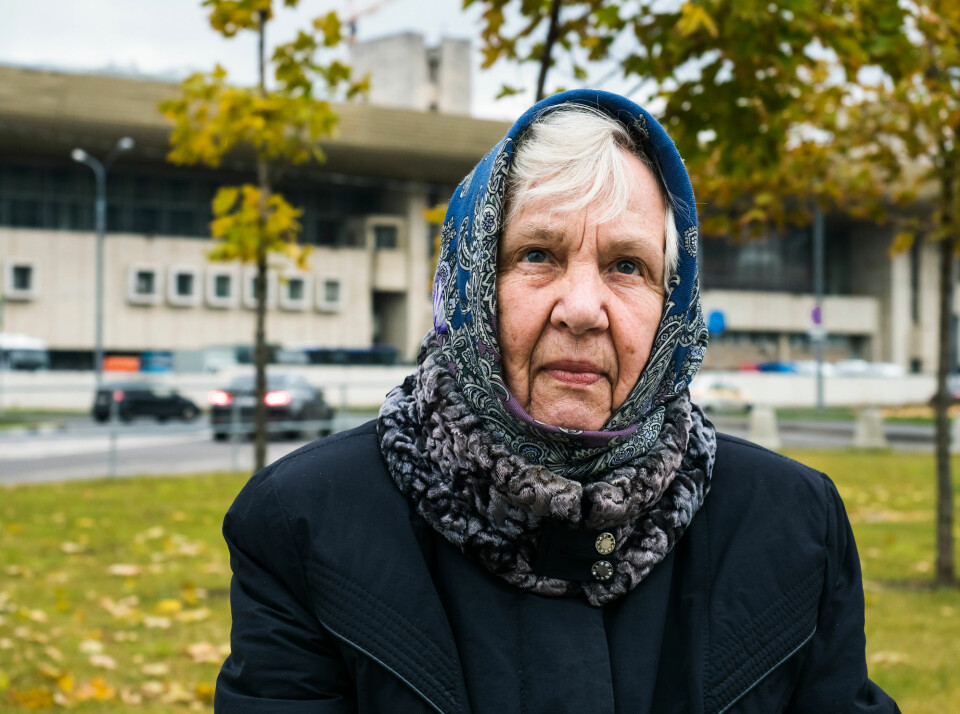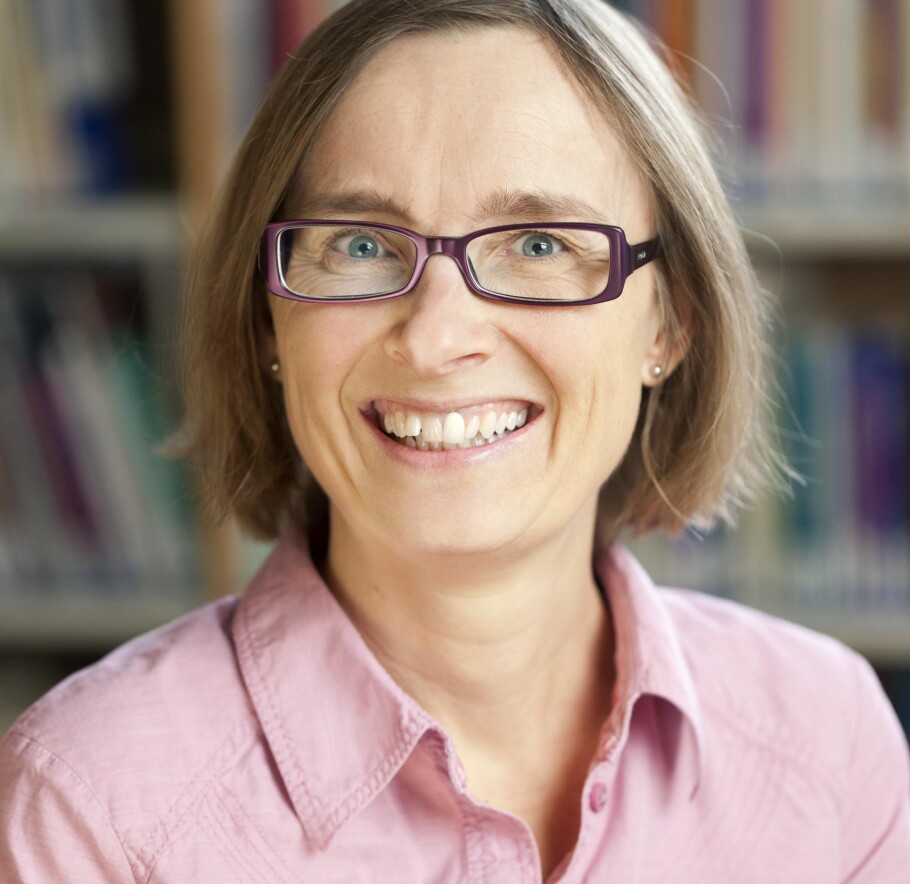
Family values in Europe: Georgia is on one extreme. Norway is on the other.
Almost everyone in Georgia believes that adult children should be responsible for parents who need help. In Norway, more and more people respond negatively to this idea.
Should adult children care for their parents when they need help?
Do parents have responsibility for adult children after they are legally adults?
These were among the questions that were asked in a new study on attitudes towards family responsibilities in eastern and western Europe conducted by researchers at Oslo Metropolitan University (OsloMet).
Norway and Georgia stand out as two extremes.
Almost everyone in Georgia, 87 per cent, agreed with all six statements on family members' obligations towards each other.
In Norway, the corresponding proportion was 4 per cent. Norwegians ranked the lowest of all countries, along with Sweden.

Is there a difference between East and West?
More than 50 years ago, demographer John Hajnal concluded that the family in Europe as a social construct could be found in an Eastern and a Western variant.
In the east, women got married earlier, they had many children and the family lived to a large extent in households with several generations.
In the west, women married later, had fewer children, and it was less common for several generations to live in the same house.
The OsloMet researchers wanted to know more about attitudes towards family values in Europe today.
Are there still big differences in attitudes between East and West — 30 years after the fall of the Berlin Wall?
Their results show that attitudes in Europe towards family are fairly evenly distributed along an axis that extends from northwest to southeast —from Norway to Georgia.
The divide is heading east
“Yes, there seems to be a division between the east and west in Europe. But it is not clear where this divide actually is,” says Katharina Herlofson, who was the lead researcher behind the study, recently published in the journal Nordisk Østforum.
But it looks like the line has moved further east now than what has been named the ‘Hajnal line’, after the demographer, she says.
“The eastern European countries closest to the west, Poland and the Czech Republic, are quite similar to Germany and France when it comes to these issues. Lithuania appears to be more like Poland than Estonia, while Estonia is more like Romania and Bulgaria.”
Herlofson says this last finding can be partly explained by Estonia’s large Russian population. When researchers look at the data, they see that there is a difference between the attitudes of ethnic Estonians and Russians.
More money, less sense of family obligation
The researchers also investigated which if any characteristics of the different countries can explain the differences. One characteristic they looked at was purchasing power per capita, where they found a connection: The lower the purchasing power, the more consensus there was that people in a family are responsible for each other.
Few people in Norway agreed with all the six statements about family responsibility, meaning the responsibility that children and parents should have for each other. A relatively large proportion in Norway said that they disagree. The same was true in Sweden.
Herlofson thinks that may not be as odd as it sounds.
“People in Norway can afford to feel this way. We are not completely dependent on our families, for instance when it comes to caring for the elderly. We have public support programmes and institutions. In Georgia, there are few or no alternatives, so it's no surprise that they believe this is the family's responsibility,” she says.
Georgia is a poor country. In a study from the mid-1990s, as many as 20 per cent said that they had trouble meeting basic household needs, such as for food.
Fewer want to have responsibility for their parents
Herlofson has studied generations and life cycles for several years. She sees that there has been a clear trend in Norway when it comes to attitudes towards family responsibilities.
“An increasing number of people are negative towards the idea that adult children should generally have responsibility for parents who need help,” she says.
But that does not mean that adult children in Norway don’t help and support their parents should they need it, she says.
Statistics Norway has found that around 40 per cent of care for the elderly in Norway is undertaken by relatives.
Perhaps the West becoming more like the East?
Norway's population is getting older and older. In the next ten years the big post-war generation will turn 80.
Elder care services are finding it increasingly difficult to recruit and retain personnel.
This could lead to poorer health and care services for the elderly. Thus, the pressure on families will increase, even in Norway.
Researchers believe that Norwegians should already be planning to involve relatives and volunteers in elder care to a greater extent than today.
Does this mean that attitudes in Norway will come closer to those in Georgia? Will Norwegians also want to become more engaged with family responsibilities, because it will be too challenging for the state and municipalities to take on those responsibilities?
“We don't really think so, based on the trends we have seen in Norway over the last 15 years,” says Herlofson.
People are more lonely in Eastern Europe
Although adult children in the East seem to feel more responsibility towards their parents, the elderly in countries such as Romania, Russia and Georgia are more lonely than the elderly in Norway.
In Norway, loneliness and depression are not particularly prevalent in the elderly population, with serious problems reported in just 5 to 15 per cent of elders.
In many Eastern European countries, however, data suggest that up to one-third of the elderly population are lonely and/or have depressive disorders.
These were among the findings in a study published by Herlofson’s colleagues Thomas Hansen and Britt Slagsvold in the same issue of Nordisk Østforum.
"It’s a paradox that people are less lonely in the so-called ‘cold individualistic countries’ than in the ‘collectivist and family-centred countries’, where you would expect a strong sense of unity and community in families and the local environs,” Hansen said in a recent article on forskning.no (in Norwegian).
But this can also be explained by expectations, he said.
In Eastern and Southern Europe, it may be that the threshold for feeling lonely is lower. As a result, people may be more vulnerable to loneliness if their expectations regarding family and their local community aren’t met, Hansen said.
Reference:
K. Herlofson et.al.: (Generations Between: Attitudes to Family Responsibility East and West in Europe), Nordisk Østforum 33, 2019 (Summary in english)
———































